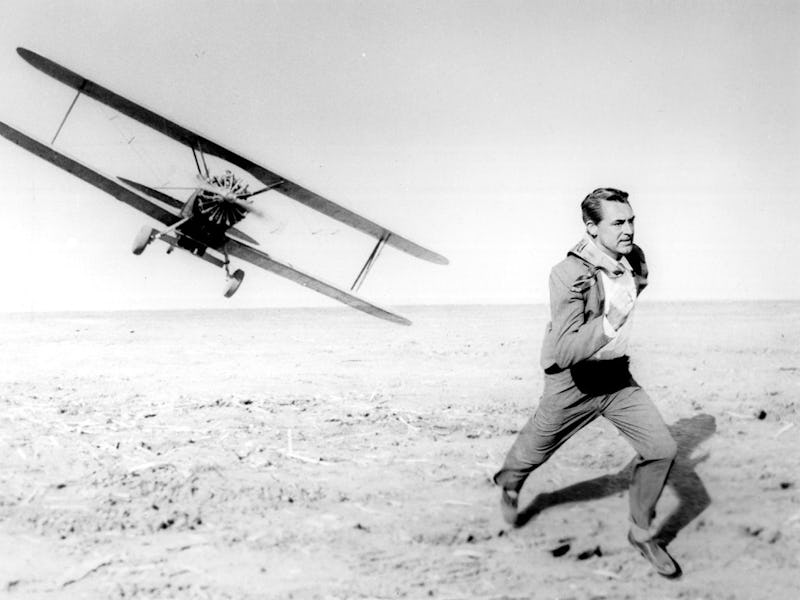Scary Movies Grab Your Attention by Hacking Your Brain
We pay attention to suspense. And we never forget it.

Ever leave a scary movie feeling totally disoriented? That’s because horror films are the ultimate attention-hackers.
Using scenes from Alien, Misery, and classic Alfred Hitchcock films, researchers publishing in the journal Neuroscience studied the effect suspense has on the brain. Turns out that tense scenes trigger tunnel vision in viewers.
“Many people have a feeling that we get lost in the story while watching a good movie and that the theater disappears around us,” Matt Bezdek at the Georgia Institute of Technology, who led the study, said in a news release. “Now we have brain evidence to support the idea that people are figuratively transported into the narrative.”
His team hooked up participants to an MRI and had them watch suspenseful scenes from 10 classic horror movies, such as Hitchcock’s North by Northwest and The Man Who Knew Too Much. Specifically, the researchers were trying to look at the part of the brain that deals with visual information.
In the MRI, participants saw the film playing in the center of their screens while the edges were filled with a distracting checkerboard pattern. The most suspenseful scenes — like when the plane came down on Cary Grant in North by Northwest — caused increased activity in the brain’s visual processing center, indicating heightened focus. Participants ignored the checkerboard, narrowing their attention to the center of the screen. As Grant hid in the cornfield and suspense died down, so did activity — and the participants’ attention.
Suspense, it seems, causes our brains to shut out the stuff that doesn’t matter so we can focus on critical information — and, the authors add, it helps us retain it, too. Short-term stress, like the kind we go through while watching Hitchcock, has been shown to boost memory formation.
Even outside the theater, we shut out the small stuff when life gets tense: Just imagine waiting for a text or anticipating a breakup. Those are the moments when we’re paying the most attention — and they’re the ones we never forget.